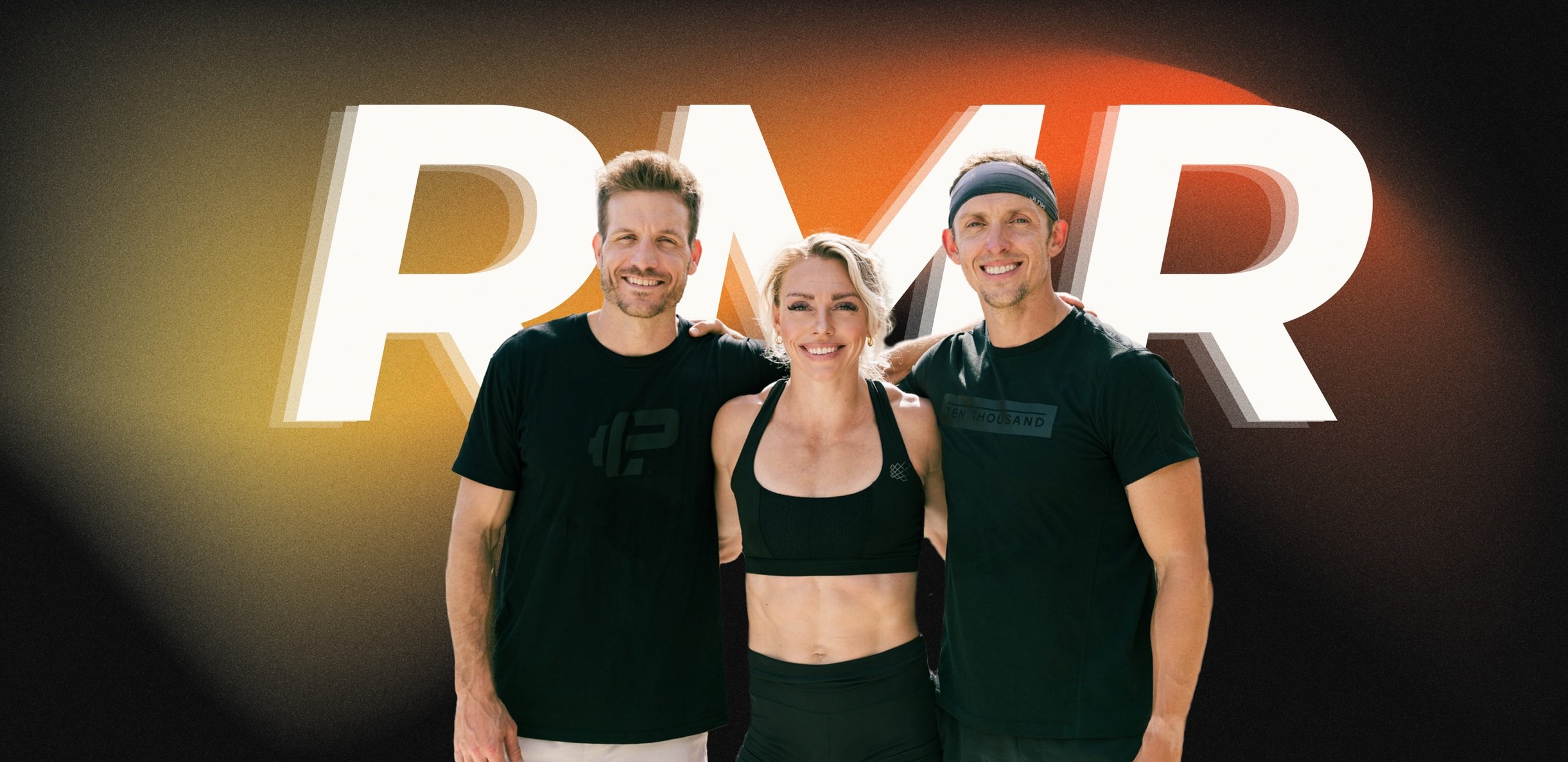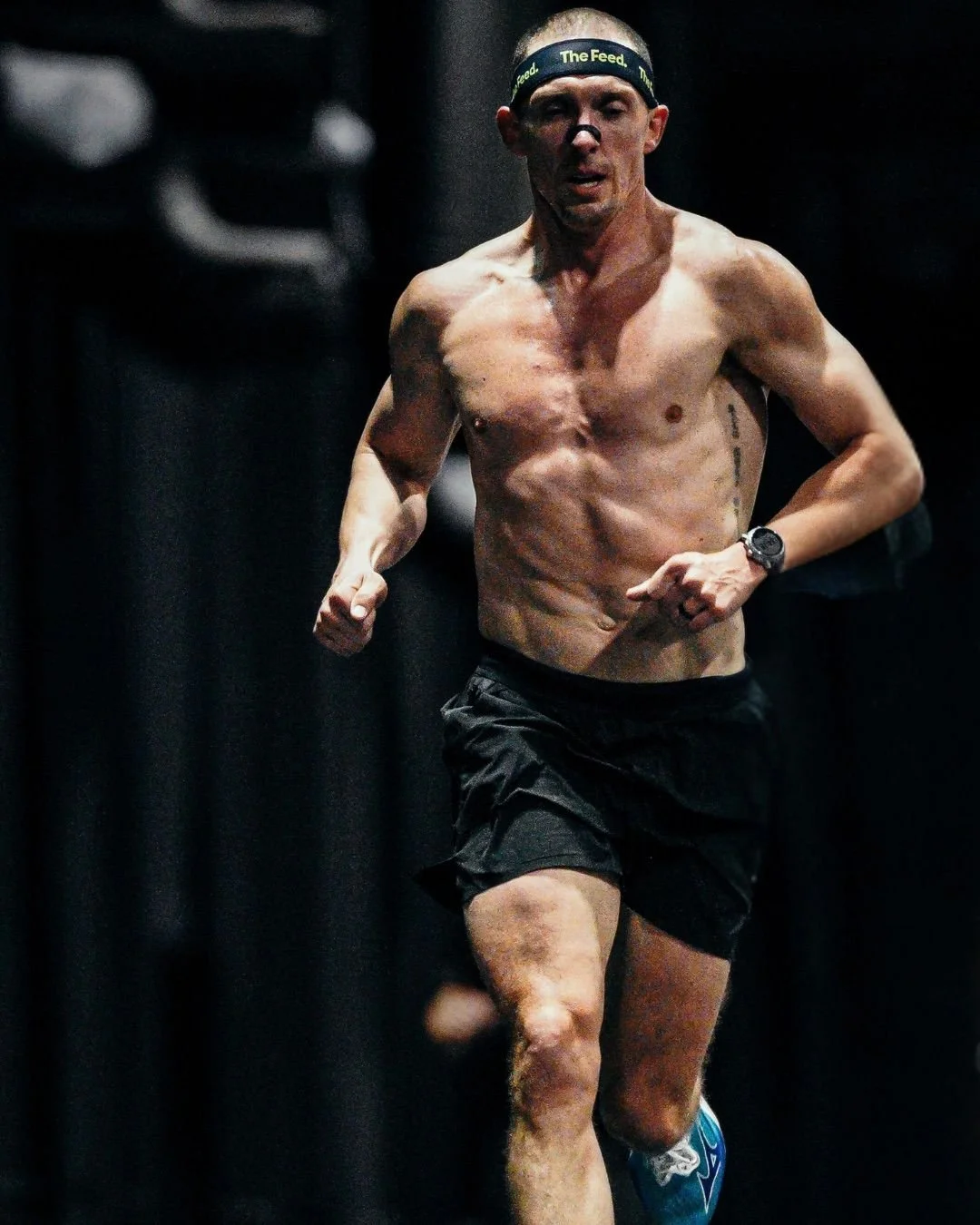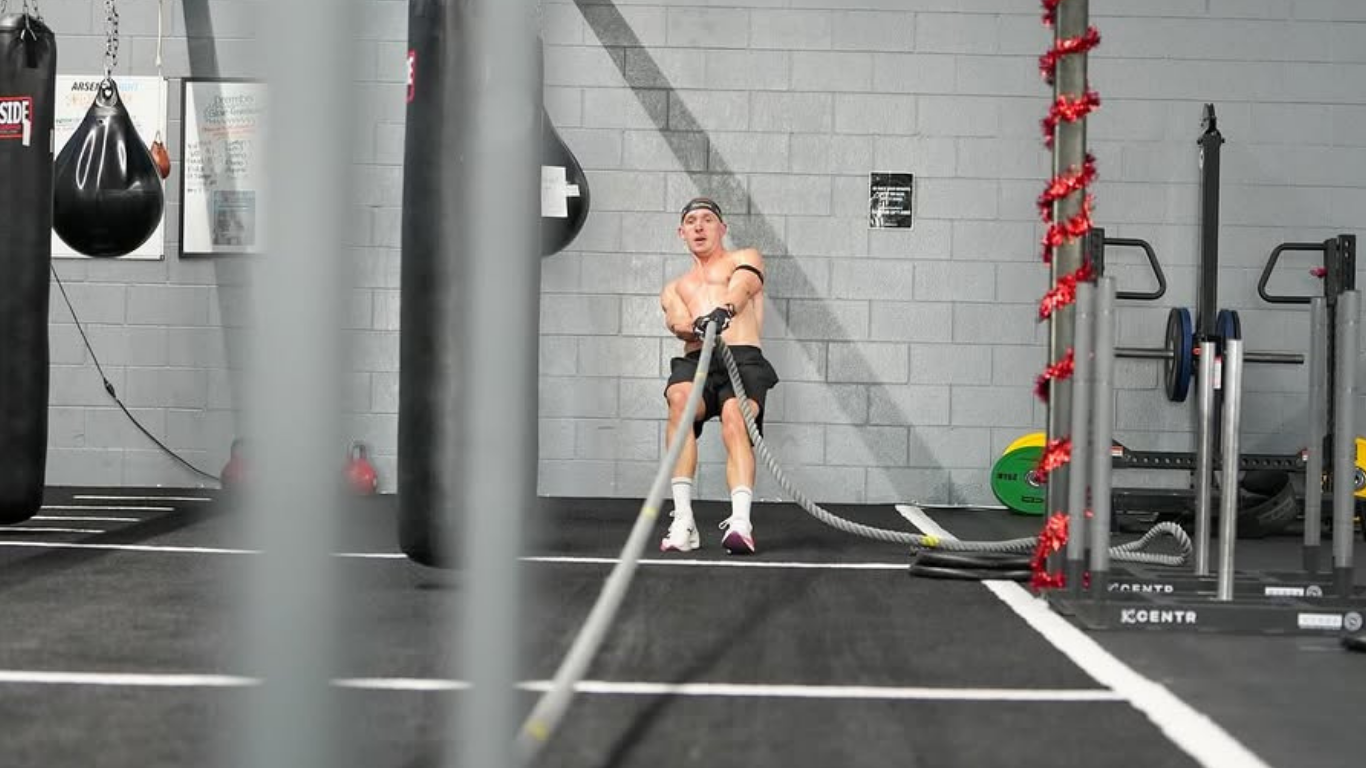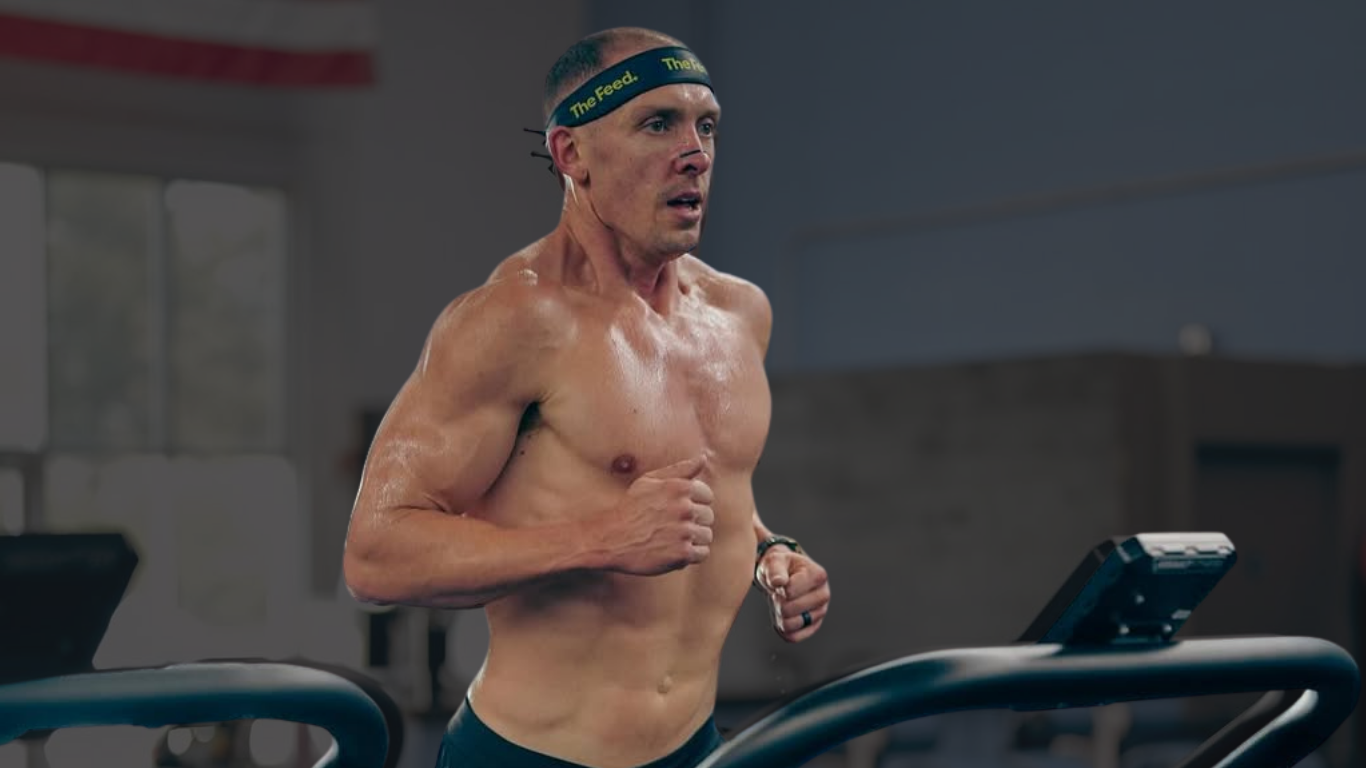
HYROX & HYBRID coaching + Community
Train smarter for HYROX and Hybrid with RMR Training. Get expert programs and a supportive community. If you follow a program and don’t improve in 30 days, we’ll give you your money back.
Find your next program
Get a plan matched to your timeline, experience, and race type
RMR PROGRAM PICKER
REACH YOUR GOALS WITH STRUCTURED, EXPERT-LED PROGRAMS
race → recover → repeat
From Base to Race: programming designed to get you stronger every season
Join 800+ HYROX Athletes in Our Growing Global Community
Daily Coaching Support
Get personalized feedback and motivation from expert coaches to keep you on track every day.
Connect with Like-Minded Athletes
Train alongside others who share your goals. Meet fellow athletes at races and HYROX events.
Group Challenges + Leaderboards
Join in on group challenges and track your personal progress on the leaderboard with athletes of all levels.
Seminars + Exclusive Q&A
Join live seminars with expert coaches and get your questions answered in private, members-only Q&A sessions
Meet The Coaches
-

Rich Ryan
Rich Ryan’s coaching career has been marked by the success of four world champions since 2022. His innovative methods have propelled the sport’s performance forward.
Rich’s specialization in training for Hyrox and Dekafit has consistently delivered world-class coaching and programming.
Rich is the co-creator of RMR Training, The Camp, RMR Training, and Race Brain Podcast. Rich has been willing to share his thoughts on the sport via several platforms.
He continues to be at the forefront of coaching methods for HYROX and DEKAFIT. Rich is the 2022 Dekafit Elite Champion and 3x HYROX Elite 15 Qualifier.
-

Meg Jacoby
Meg Jacoby is the 2024 Hyrox World Champion, proving she has learned how to get to peak physical and mental performance.
Meg is an incredible athlete, and as a coach, she has helped athletes in the Elite 15, several world championship qualifiers, and many athletes who have run sub 65 minutes.
Meg prepares her athletes with creative workouts that challenge them physically and mentally. After doing Meg’s programming, your brain and body will be on a new level. Couple her workouts with her ability to tap into motivation, work ethic, and preparation, and you will know how to outperform anyone.
Meg has been featured at gym seminars, coaching camps, and official Hyrox events.
-

Ryan Kent
Ryan Kent’s career is a testament to his relentless pursuit of excellence.
His success is due to his unwavering work ethic, which has consistently outshone his competition. Since 2017, Ryan has dedicated himself to fitness, winning elite, national, and world championships along the way.
Ryan has an exclusive number of one-on-one clients. He has a unique intuition that helps his athletes get stronger and faster. He has taken his competitor experience and helped multiple athletes qualify for the HYROX World Championship.
-

Hannah Taylor
Hannah Taylor is a HYROX athlete and fitness coach based in Salt Lake City, Utah. She’s a 3x HYROX World Championship qualifier and a consistent podium threat in Pro races across North America.
Coming from a field sport background with little running experience, Hannah has built herself into an elite hybrid athlete through relentless work and smart training. She now coaches athletes online and leads HYROX classes at her home gym in Utah.
Her enthusiasm for improvement and positive attitude make her a valuable asset to the RMR Training community.
Free Tools & Guides
Level up your training with practical, race-day-ready resources designed to help you crush HYROX.
HOW TO BUILD YOUR OWN HYROX PROGRAM
This guide gives you a step-by-step framework—goal setting, weekly structure, progression, and recovery—so you can train with purpose, avoid burnout, and show up stronger on race day
Chasing bigger goals? Build a stronger base with strength, speed, and endurance workouts designed to set you up for your best season ever.
HYROX Base Build Guide
Struggling with the running portions of HYROX? This guide breaks down pacing, heart rate strategy, and gear so you can hit every run with confidence and speed.
Running for HYROX Guide
Learn how to train smarter and get race-day ready. This free guide includes 5 proven workouts to build strength, endurance, and confidence for HYROX.
HYROX Essentials Guide
Pro Tips for Hybrid Success
Tune In to the Latest RMR Podcast
Listen in for insights, techniques, and strategies from the team to help you prepare for your next HYROX or Hybrid competition.
RMR in the Wild: Real Results from Real People
“RMR is efficient, it’s allowed me to level up my training, and I qualified for World's about 5 months after starting the programming.”
- Alex
“Whether you’ve got questions about your struggles or your kit or your training, someone is always there to answer your questions.”
- Simone
“What helped me a lot is the compromised running - there’s just so much of it in the training programs and that allowed me to hit a 10 min PR.”
- Brian
“What really stood out for me is the structured programs that RMR provides, and the community that comes along with it.”
- Ben
“Since joining, I’ve seen massive improvements in my HYROX times. The RMR Community is awesome, and the coaches are always quick to respond.”
- Jake
“I’m much more mindful of what I’m doing with my workouts now, and the intensity of them, and my fitness has improved a lot since being with RMR.”
- Melina
“The biggest difference between this program and others is that Rich and the community answer questions and share their experiences and that’s priceless.”
- Ruben
“Ask world leading athletes questions about strategy and tactics, and join a community of people like you who are interested in trying to excel.”
- Brian
































